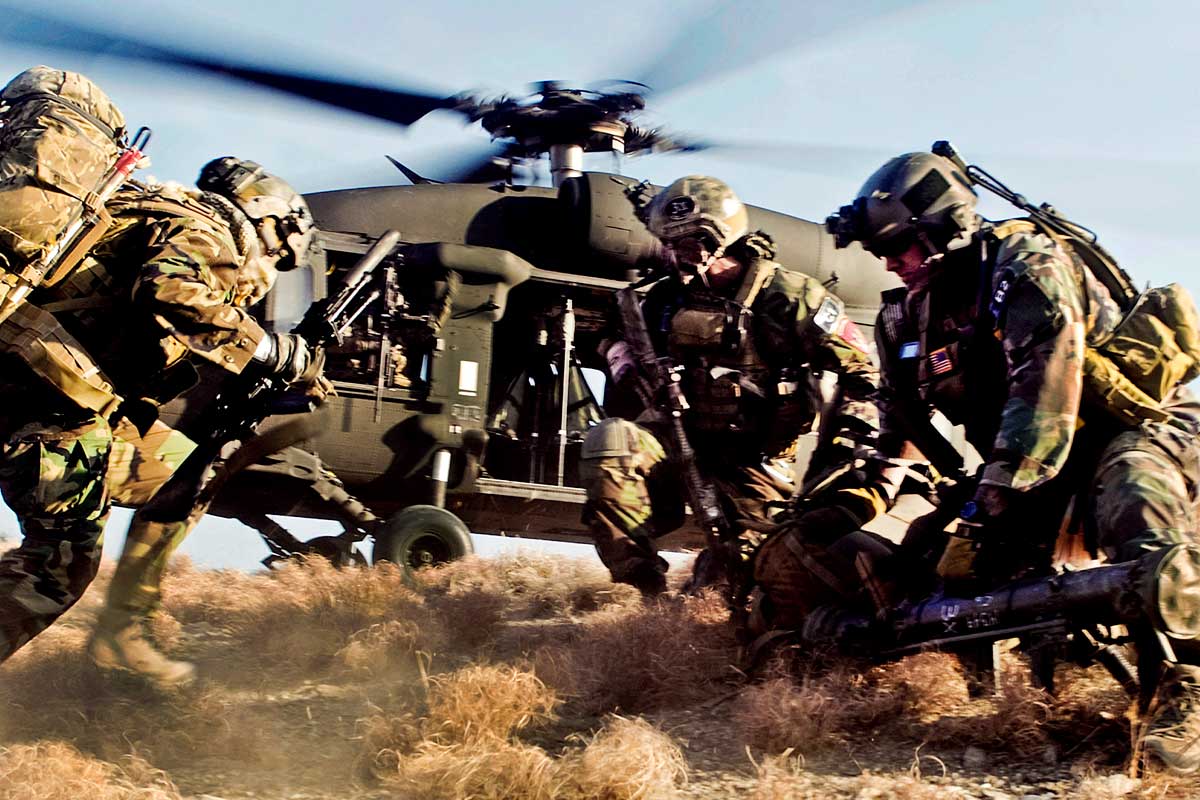Maintenance and Upkeep for UH 60 Helicopters
Maintenance and Upkeep for UH 60 Helicopters
Blog Article
The Influence of Sustainable Practices on the Future of Aircraft Workflow and Emissions Decrease
As the air travel sector faces raising examination over its ecological impact, the fostering of sustainable practices emerges as an essential path toward future airplane procedures and discharges decrease. Developments in lasting air travel gas and developments in crossbreed propulsion technologies stand at the leading edge of this change, promising considerable reductions in greenhouse gas emissions.

Summary of Sustainable Practices
Lasting practices in airplane procedures incorporate a series of strategies targeted at minimizing ecological impact while maintaining operational performance. These techniques are necessary in the air travel market's commitment to reducing its carbon footprint and sticking to global environmental criteria. Key efforts include enhancing trip courses to decrease fuel intake, boosting maintenance procedures to guarantee airplane run at peak effectiveness, and carrying out advanced technologies such as winglets and lightweight materials that enhance aerodynamics.

Involving and educating team on sustainability practices likewise play a vital role, fostering a society of ecological duty within organizations. On the whole, the integration of these sustainable practices not just assists decrease discharges yet also improves the long-term viability of the aeronautics sector, guaranteeing it fulfills the needs of both clients and governing bodies while adding to international sustainability objectives.
Cutting-edge Fuel Alternatives
Countless cutting-edge gas alternatives are becoming essential solutions to lower the air travel sector's dependence on standard nonrenewable fuel sources. Amongst these options, Sustainable Aeronautics Fuels (SAFs) have actually obtained significant focus as a result of their prospective to reduce lifecycle greenhouse gas discharges by approximately 80% contrasted to conventional jet fuels. SAFs are derived from numerous feedstocks, including waste oils, farming deposits, and also algae, making them a versatile choice for the industry.
One more encouraging choice is hydrogen gas, which, when used in gas cells, generates only water vapor as a byproduct. In addition, electric propulsion systems are being explored, leveraging battery technology to power airplane.
Finally, biofuels stemmed from biomass are being examined, supplying an eco-friendly option that can be mixed with standard fuels. Jointly, these cutting-edge gas choices represent a critical step towards achieving a sustainable aeronautics community, aligning with global discharges reduction targets and boosting the industry's environmental stewardship.
Technical Improvements in Aeronautics

Just how can technological improvements reshape the future of air travel? The assimilation of innovative technologies is pivotal in changing aircraft operations, boosting performance, and decreasing exhausts. Technologies such as electric and hybrid propulsion systems go to the center, encouraging substantial decreases in gas usage and greenhouse gas exhausts. These systems leverage advancements in battery innovation and energy top article monitoring, allowing airplane to operate with a reduced environmental impact.
Additionally, the application of sophisticated materials, such as light-weight composites, adds to improved the rules of aerodynamics and fuel effectiveness. Using expert system and artificial intelligence in trip operations optimizes course preparation and lowers gas melt by enabling real-time modifications based upon weather condition and website traffic conditions. In addition, the growth of independent and remotely piloted aircraft systems stands to revolutionize cargo and passenger transport, possibly raising efficiency while decreasing human mistake.
Additionally, sustainable aeronautics modern technologies, including advanced air web traffic management systems, can enhance procedures and minimize blockage, bring about lower discharges throughout trip. These developments collectively stand for a paradigm change in air travel, guaranteeing a future where sustainability and functional effectiveness are linked, thus sustaining the industry's commitment to reducing its environmental effect.

Regulative Structure and Compliance
In light of the expanding emphasis on ecological stewardship within the air travel market, the governing framework regulating aircraft operations is evolving to promote lasting practices. Regulatory bodies, such as the International Civil Aviation Organization (ICAO) and different nationwide aviation authorities, are introducing rigid standards focused on reducing emissions and enhancing operational effectiveness.
These laws typically consist of the adoption of Sustainable Aviation Fuel (SAF), which has actually been identified as a vital component in attaining reduced carbon impacts. In addition, compliance with these regulations calls for airline companies to implement innovative innovations and functional methods, such as enhanced trip paths and boosted air website traffic monitoring, to lessen fuel intake.
Additionally, the enforcement of discharges trading plans and carbon countering campaigns is becoming progressively common, compelling airlines to keep an eye on and report their exhausts accurately. Non-compliance can cause significant charges, thus pressing operators to prioritize sustainability in their service versions.
Ultimately, the developing regulatory landscape not only drives innovation and financial investment in these details eco-friendly technologies however likewise cultivates a society of liability within the air travel sector. As these frameworks remain to create, the emphasis on sustainable practices will be important to achieving the field's long-lasting ecological objectives.
Future Fads in Aircraft Operations
As the air travel industry adapts to an increasingly strict regulatory setting, future trends in airplane operations are established to focus on innovative solutions that further boost sustainability and effectiveness - uh 60. Secret advancements will likely consist of the fostering of innovative air traffic administration systems, which use real-time information and expert system to maximize flight paths, decreasing fuel intake and emissions
One more considerable pattern is the increased assimilation of lasting aviation gas (SAFs) These alternatives to conventional jet gas, originated from renewable sources, can dramatically decrease you can try this out lifecycle greenhouse gas emissions. The sector's dedication to SAFs will likely speed up as airlines collaborate with gas producers to make certain schedule and cost-effectiveness.
In addition, the press in the direction of electrification and hybrid propulsion systems is acquiring momentum. Emerging airplane layouts will incorporate these technologies, providing quieter and a lot more reliable operations, particularly for short-haul trips.
Conclusion
To conclude, the integration of sustainable techniques in aircraft operations holds considerable possibility for discharges decrease and improved efficiency. The adoption of sustainable aeronautics fuels, paired with innovations in hybrid and electric propulsion systems, is crucial for reducing lifecycle greenhouse gas exhausts. Maximizing flight paths and embracing ingenious technologies add to a quieter and a lot more environmentally pleasant aviation market. Collectively, these efforts align with global sustainability goals and pave the means for a greener future in aeronautics.
Advancements in lasting aeronautics fuels and advancements in crossbreed propulsion modern technologies stand at the center of this transformation, encouraging considerable decreases in greenhouse gas exhausts.Many ingenious gas choices are emerging as essential options to reduce the aeronautics market's dependence on typical fossil gas - uh 60. Among these alternatives, Sustainable Aeronautics Fuels (SAFs) have actually obtained substantial interest due to their prospective to lower lifecycle greenhouse gas exhausts by up to 80% compared to conventional jet fuels.An additional significant fad is the boosted assimilation of sustainable air travel gas (SAFs) The adoption of sustainable aviation fuels, paired with developments in electric and hybrid propulsion systems, is crucial for reducing lifecycle greenhouse gas exhausts
Report this page